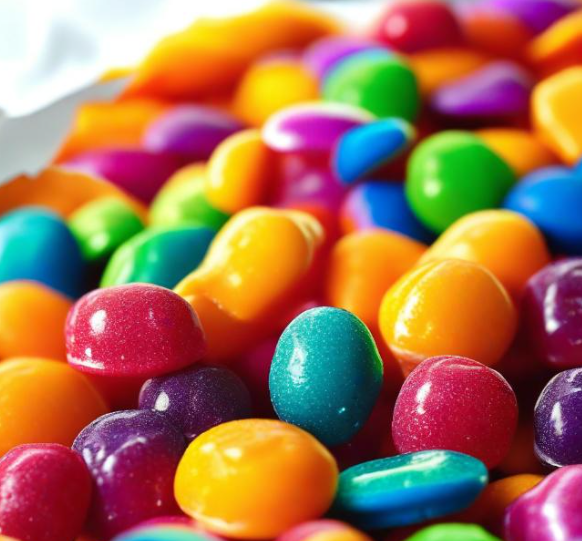While our cherished memories and cognitive abilities naturally start to fade as we age, recent scientific research suggests that we might have more control over this process than we once thought. Groundbreaking studies indicate that incorporating certain superfoods, specifically tea, apples, and berries, into our regular diet might aid in staving off age-related memory loss.
Firstly, let’s dive into the world of tea. Known for its calming properties, tea has been a staple in many cultures for centuries. What’s less well-known is its potential as a brain booster. Green tea, in particular, contains bioactive compounds like flavonoids and catechins, which are powerful antioxidants believed to protect against cellular damage in the brain. A study published in the American Journal of Clinical Nutrition discovered that regular tea consumption was linked with a lower risk of cognitive impairment and decline.
Next on the list are apples. Besides being delicious and versatile, apples are high in quercetin – a potent antioxidant. Quercetin is understood to have neuroprotective effects, as it reduces inflammation and oxidative stress, two factors that significantly contribute to age-related cognitive decline. A study from the University of Massachusetts Lowell demonstrated that quercetin can inhibit the production of beta-amyloid, a type of protein that forms damaging plaques in the brains of those with Alzheimer’s disease.
Berries, too, pack a punch when it comes to boosting brain health. Berries, including blueberries, strawberries, and raspberries, are full of flavonoids, particularly anthocyanins, which are known for their anti-inflammatory and antioxidant effects. Regular consumption of berries has been linked with slower rates of cognitive decline, according to a study published in the Annals of Neurology.
Incorporating these superfoods into your daily diet is not just about disease prevention – it’s a lifestyle choice promoting overall brain health. Making a simple switch to drinking tea instead of coffee, adding sliced apples to your salad, or topping your morning cereal with a handful of fresh berries can make a significant difference in maintaining your memory sharpness.
Of course, it’s important to remember that while these dietary suggestions offer potential benefits, they should be considered as part of a broader healthy lifestyle approach. Regular physical activity, mental exercises, sufficient sleep, and a balanced diet all contribute to optimum brain health.
While more research is needed to fully understand the relationship between these superfoods and age-related memory loss, the current findings provide exciting insights into the potential of our diets to influence our brain health. The intersection of diet and cognitive function is an emerging field, showing promising signs that our food choices today can significantly impact our memory and cognitive health tomorrow.
In conclusion, sipping a warm cup of tea, munching on a crisp apple, or relishing the sweetness of fresh berries might do more than just satiate your taste buds – it might be a delightful way of preventing age-related memory loss.












